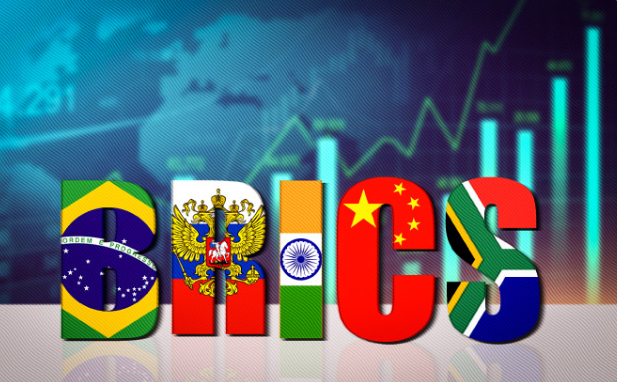USD dominance is under threat as BRICS countries speeding towards alternatives.
Democratic Alliance has filed a legal petition against President Vladimir Putin.
While it is true that BRICS countries have expressed their desire to reduce the dominance of the US dollar in international trade and finance, it would be an exaggeration to say that they are “racing” to achieve this goal. The BRICS countries have been exploring alternatives to the US dollar as a means to enhance their economic sovereignty and reduce exposure to potential financial vulnerabilities.
The United States is once again under attack for the extravagant privilege it enjoys as the worldwide reserve currency, the “Dollar.” The BRICS (Brazil, Russia, India, China, and South Africa) emerging market nations are attempting to entice a rival to replace the United States dollar.
It May Be a Challenge for BRICS
The US dollar has been the dominant global reserve currency for decades, providing stability and liquidity in international trade and finance. Many countries, including those within the BRICS, hold significant amounts of US dollars as foreign reserves.
However, this reliance on the US dollar can expose countries to risks associated with fluctuations in its value. That includes US monetary policy decisions, and potential sanctions or restrictions imposed by the United States.
Therefore, it is not surprising that countries like the BRICS members have expressed an interest in diversifying their currency holdings and reducing their reliance on the USD. Also, it is important to understand the context and potential implications of the move.
Further, The BRICS Summit is scheduled to take place in South Africa from August 22 to 23. But the Democratic Alliance (DA) has filed a legal petition against President Vladimir Putin and asked him to surrender. This concerns the arrest of the Russian President by the International Criminal Court (ICC) in South Africa. That implies hardship for the BRICS countries.
However, the global financial system is deeply entrenched in the USD, and changing this status quo would involve complex economic and political considerations.
In summary, completely replacing the US dollar as the dominant global reserve currency may be challenging for the BRICS countries. Their efforts to diversify currency holdings and explore alternative mechanisms for international transactions are not futile. These initiatives indicate a desire to lower the risks associated with dependence on a single currency. Also, promote a more balanced and multipolar global financial system.

